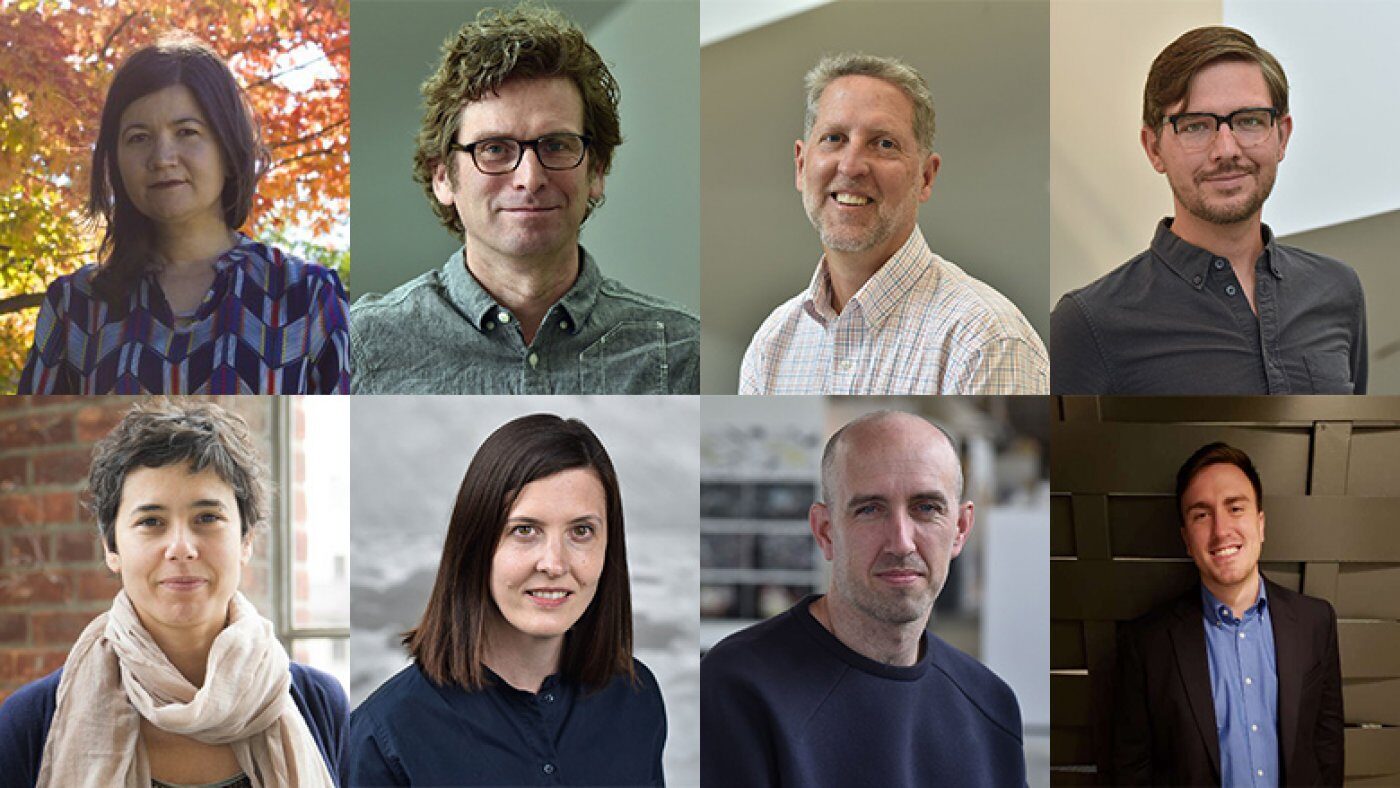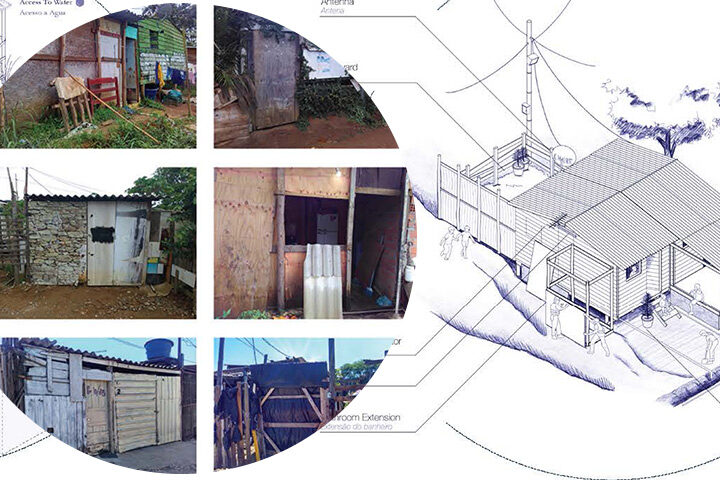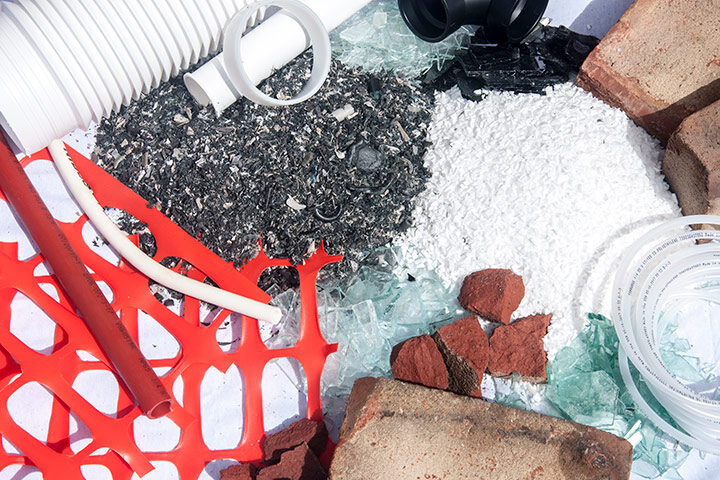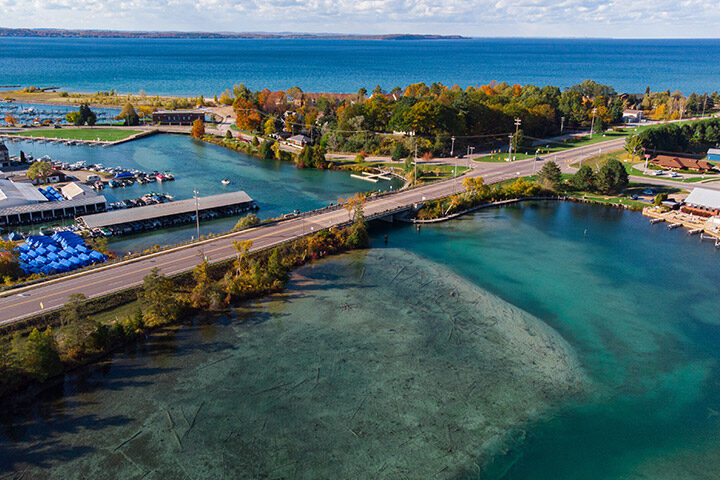
Taubman College faculty were awarded catalyst grants from the University of Michigan Graham Sustainability Institute in support of projects designed to advance infrastructure solutions across energy, transportation, and the built environment.
The catalyst grant program supports small-scale, collaborative, interdisciplinary sustainability research across U-M. These projects work alongside industry, government, and NGO partners, as well as other academic institutions. Each of the research teams receive $10,000 to facilitate climate change adaptation and foreground equity and justice in sustainability interventions.
Invisible Climate Warriors: Intersectional Community-Led Resilience in São Paulo, Brazil
The project will bring forth the lived experiences of women, non-binary, Black, Brown, and Indigenous residents living in informal communities in São Paulo for their work in climate resilience. The research complements a growing body of scholarship on the environmental dimensions of slum upgrading in Brazil while pinpointing transformational strategies for climate adaptation and mitigation.
The team aims to advance women-led slum upgrading that is climate-resilient and responsive to issues of intersectionality and justice, shining a light on these invisible climate warriors as they fight to transform their settlements into lasting, resilient communities.
Project team: María Arquero de Alarcón (PI) and Ana Paula Pimentel Walker (Co-PI) with U-M Taubman College, and Mieko Yoshihama and Odessa Gonzalez Benson with the U-M School of Social Work.

Post Rock: Upcycled Building Material Sourced From Regional Waste
The Post Rock research initiative seeks to offer circular solutions for waste plastics and other materials through new architectural applications. The team plans to leverage the unique regional context of southeast Michigan and northwest Ohio, which offers a wide range of materials flowing through various industries. With new downstream applications that add value to upstream waste materials and capture carbon in long-lasting products, a regional supply of source material could fully comprise of waste diverted from regional streams.
Project team: Meredith Miller (PI) with U-M Taubman College in partnership with Volker Sick (Co-PI) with the U-M College of Engineering, and Christopher Humphrey and Thom Moran also with U-M Taubman College.

Addressing Risks to Property and Nature on the Shores of the Great Lakes
Coastal development is threatening Great Lakes shores and beaches by degrading the shoreline and putting properties at risk from storm impacts, lake level fluctuations, and shoreline recession. Attempts to outmatch nature through seawalls, revetments, and other structures are not ecologically, socially, or economically sustainable. This project seeks to inform better management by addressing specific factors in property development decision making and community planning efforts. In collaboration with three other academic disciplines, the team will produce informational materials and an action plan for end users and their constituents.
Project team: Richard K. Norton (PI), Steven Mankouche (Co-I), Jono Sturt (Co-I) with U-M Taubman College, along with Kyle Logue (Co-I) with the U-M Law School, in addition to Erin Bunting and Ethan Theuerkauf with Michigan State University, and Guy Meadows with Michigan Technological University.



